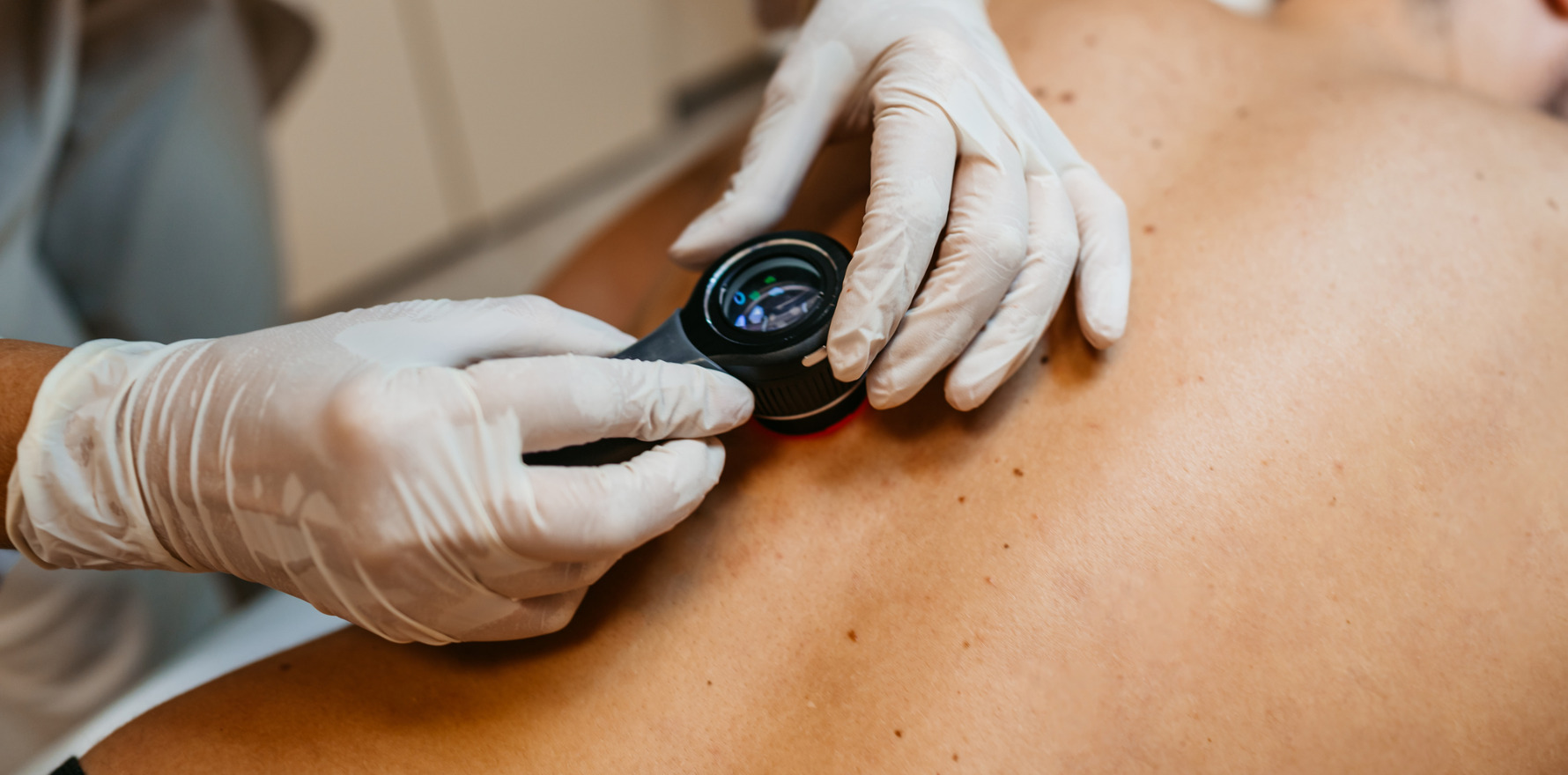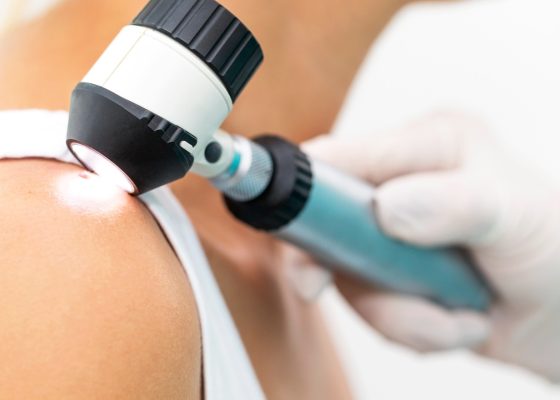The latest federal funding will help the cancer sector identify the best way to approach national skin cancer screening.
Prime Minister Anthony Albanese and federal health minister Mark Butler today announced a $10 million investment in developing a national targeted skin cancer screening roadmap.
“Skin cancer is our national cancer but it’s also one of the most preventable,” Minister Butler told media.
“There have been huge breakthroughs in treatment in recent years thanks to the efforts of pioneers like the Australians of the Year, Professor Georgina Long and Professor Richard Scolyer. The investment will accelerate the work underway by the Melanoma Institute in building this important national roadmap.”
The funding will kick-start the cancer sector’s efforts to identify risk-based and cost-effective national skin cancer screening approaches, which will include improving how data relating to skin cancer are collected by the Australian Cancer database.
Australian of the Year Professor Long, who will lead the new initiative at the Melanoma Institute of Australia, welcomed the decision.
“The allocation of $10.3 million to research and develop an evidence-based roadmap for a targeted skin cancer screening program over the coming years is exciting for the sector.
“This is a major first step forward in the establishment of this key program, as we fight to beat Australia’s national cancer,” said Professor Long.
Fellow Australian of the Year Professor Scolyer, who will lead the program alongside Professor Long, was similarly positive.
“If you detect melanoma early, most patients will be cured from it so it’s very important we do it. But we need to identify the patients who are at higher risk to enable that to happen,” he said.
“Prevention is better than a cure, and the more investment in this area the better from our perspective.”
Professor Long explained that the screening program, which is currently being developed, will help identify people who are at a higher risk of developing skin cancer compared to the rest of the population.
The Melanoma Institute of Australia will deliver its report to the government in 2028, which will contain evidence and guidance on how the world’s first national skin cancer screening program could be implemented in the land down under.
The $10 million investment follows the government’s previous $15 million spend on the national skin cancer prevention campaign – Slip, Slop, Slap, Seek and Slide.
Two in three Australians will be diagnosed with a form of skin cancer at some point during their life, which is the highest rate across the globe. In 2023 more than 18,000 people were diagnosed with melanoma – the deadliest form of skin cancer.
“Someone is diagnosed with melanoma every 30 minutes, [and] someone dies from melanoma in this country every six hours. Having a screening program for those at high risk will help Australians achieve zero deaths from melanoma,” said Professor Long.
When the national skin cancer screening program is up and running it will be the fifth of its kind, joining the established cervical, bowel and breast cancer screening programs that run across the country, as well as the more recent lung cancer screening program that is currently being rolled out.



